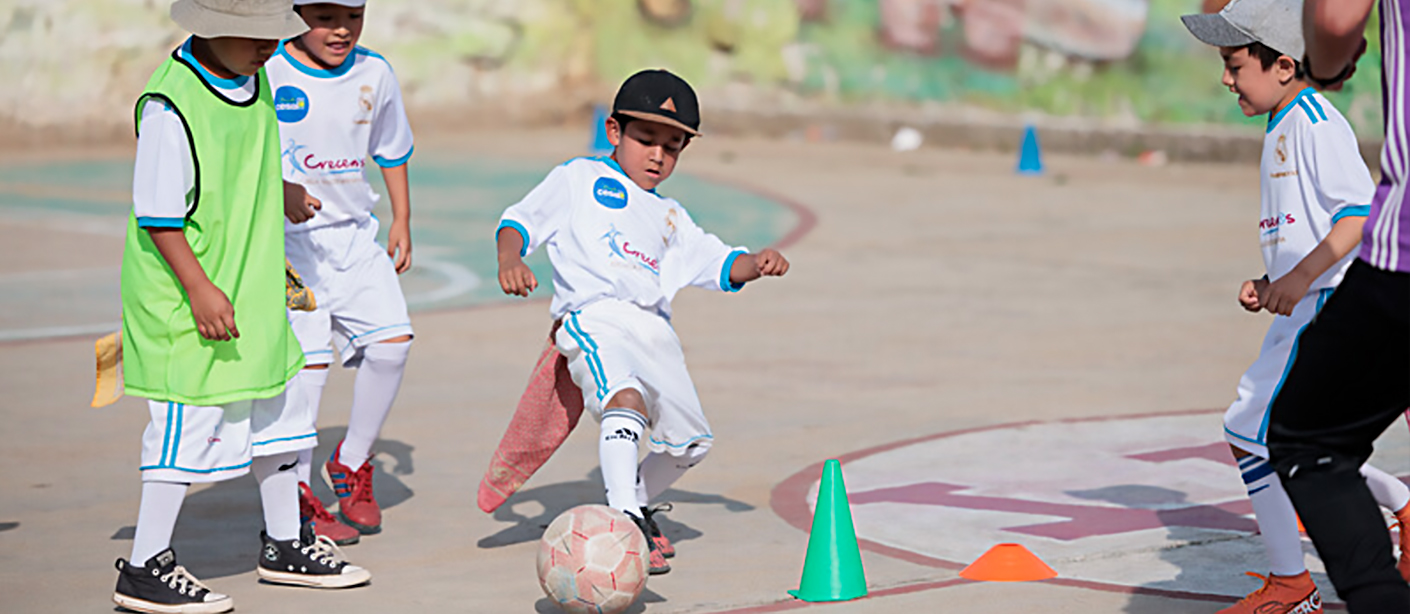Snack Smart
When you're trying to steer your child toward better food choices, it can be tempting to focus only on breakfast, lunch and dinner meals, but snacks can have a big impact, too. In fact, according to recent National Health And Nutrition Examination survey data, for U.S. children, ages 2-5 years, snacks can make up about 30 percent of daily calories, and many of those snacks are often from low-nutrient snacks, desserts and candy.[1]
Help your kids make better choices throughout the day by packing their bags with snacks that provide vitamins and minerals, protein and healthy fiber. Fresh fruit and yogurt, celery with peanut butter or trail mix are all great examples of healthy snacks that kids will love. And, don't be afraid to offer the occasional treat — a good balance can help teach kids to make healthy choices down the road.
Related: Check out these tasty kids protein snack ideas!
Help Kids Cook
Kids are more likely to be interested in healthy foods if you make nutrition fun. Many kids love helping their parent's shop at the grocery store — turn it into a teachable moment and help them understand how to choose different types of food. Meal prep is also an easy way to engage kids of any age. Ask your little one to stir a bowl of pancake batter or to tear lettuce leaves for salad. Older kids can take on more complicated tasks like peeling and dicing veggies and measuring ingredients.
Involving kids in food shopping and preparation not only teaches them valuable life skills, it also helps them learn about what goes into their favorite foods. For recipe inspiration, check out these kid-friendly favorites.



